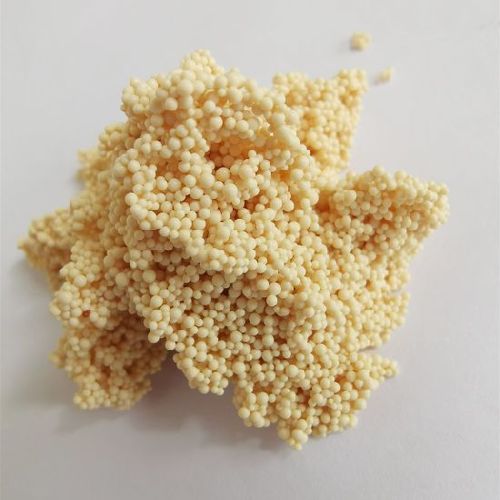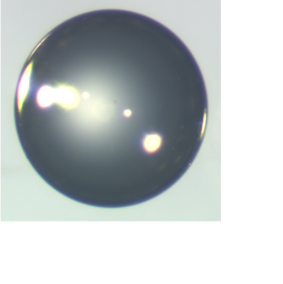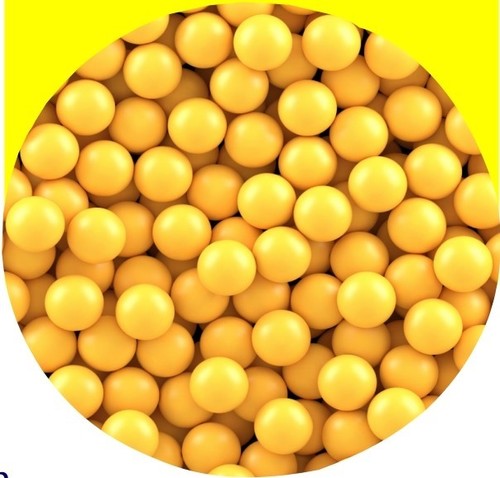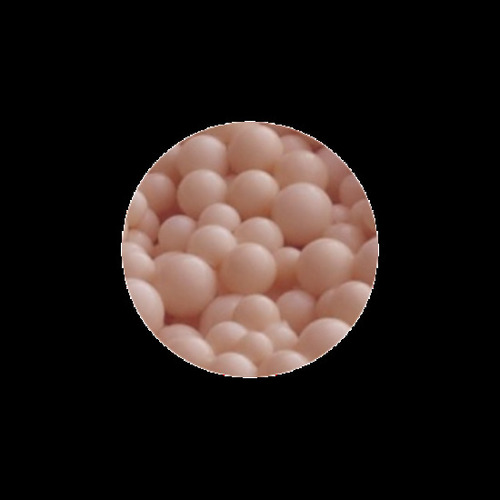सिà¤à¤¥à¥à¤à¤¿à¤ à¤à¤¡à¤¸à¥à¤°à¥à¤¬à¥à¤à¤à¥à¤¸
MOQ : 25 KG Liters
सिà¤à¤¥à¥à¤à¤¿à¤ à¤à¤¡à¤¸à¥à¤°à¥à¤¬à¥à¤à¤à¥à¤¸ Specification
- टाइप करें
- सिंथेटिक रेज़िन
- कैस नं
- 9003-69-4
- ईआईएनईसीएस नं
- 618-487-0
- ग्रेड
- फ़ूड ग्रेड
- शुद्धता (%)
- 100
- एप्लीकेशन
- REFINING AND SEPERATION
- रंग
- White
- प्रपत्र
- Spherical Beads
- pH Stability Range
- 2-14
- Bulk Density
- 700 - 800 kg/m³
- Packaging Type
- HDPE Bags/Drums
- Particle Size
- 0.3 - 1.2 mm
- Shelf Life
- 2 Years
- Moisture Content
- <5%
- Regeneration
- Thermal/Chemical
- Surface Area
- 500 m²/g
- Operating Temperature
- Up to 120°C
सिà¤à¤¥à¥à¤à¤¿à¤ à¤à¤¡à¤¸à¥à¤°à¥à¤¬à¥à¤à¤à¥à¤¸ Trade Information
- Minimum Order Quantity
- 25 KG Liters
- एफओबी पोर्ट
- MUMBAI
- भुगतान की शर्तें
- कैश अगेंस्ट डिलीवरी (CAD), कैश ऑन डिलीवरी (COD), टेलीग्राफिक ट्रांसफर (T/T), पेपैल, वेस्टर्न यूनियन, लेटर ऑफ क्रेडिट (एल/सी), लेटर ऑफ क्रेडिट एट साइट (साइट एल/सी), डिलिवरी पॉइंट (DP), स्वीकृति के बाद के दिन (DA), कैश इन एडवांस (CID), चेक, कैश एडवांस (CA)
- आपूर्ति की क्षमता
- प्रति दिन
- डिलीवरी का समय
- हफ़्ता
- नमूना उपलब्ध
- Yes
- नमूना नीति
- मुफ्त नमूने उपलब्ध हैं
- मुख्य निर्यात बाजार
- एशिया, ऑस्ट्रेलिया, उत्तरी अमेरिका, दक्षिण अमेरिका, पूर्वी यूरोप, पश्चिमी यूरोप, मिडल ईस्ट, मध्य अमेरिका, अफ्रीका
- मुख्य घरेलू बाज़ार
- ऑल इंडिया
- प्रमाणपत्र
- 27 CFR, HALAL, ISO
About सिà¤à¤¥à¥à¤à¤¿à¤ à¤à¤¡à¤¸à¥à¤°à¥à¤¬à¥à¤à¤à¥à¤¸
Synthetic adsorbents are man-made materials designed to selectively remove or adsorb specific substances from gases or liquids. These materials are engineered to have a high surface area and specific chemical properties that enable them to attract and retain targeted molecules or pollutants. Synthetic adsorbents find applications in various industries, including environmental remediation, water purification, gas separation, and chemical processing.
Frequently Asked Questions (FAQ) :
Q: What are synthetic adsorbents made of?
A: Synthetic adsorbents are typically composed of porous materials, such as activated carbon, zeolites, or polymer resins. These materials can be modified or treated to enhance their adsorption capabilities, making them suitable for different applications.
Q: How do synthetic adsorbents work?
A: Synthetic adsorbents work based on the principle of adsorption, which is the process of attracting and retaining molecules onto their surface. The porous structure of these materials provides a large surface area for molecules to interact with, allowing them to be adsorbed and removed from the surrounding environment.
Q: What are the advantages of using synthetic adsorbents?
A: Synthetic adsorbents offer several advantages over natural adsorbents or alternative methods of separation. They can be tailored to have specific adsorption properties, allowing for selective removal of targeted compounds. They often exhibit high adsorption capacities, rapid adsorption kinetics, and can be regenerated and reused multiple times.
Q: What are some common applications of synthetic adsorbents?
A: Synthetic adsorbents are widely used in various industries. They are employed in water treatment systems to remove pollutants, such as heavy metals, organic contaminants, or dyes. They are also utilized in gas separation processes, such as the purification of natural gas or the removal of harmful gases from air. In addition, synthetic adsorbents are employed in pharmaceutical manufacturing, food processing, and environmental remediation projects.
Q: Can synthetic adsorbents be harmful to the environment?
A: Synthetic adsorbents themselves are typically designed to be environmentally friendly and safe to use. However, the disposal of spent or contaminated adsorbents should be done properly to avoid any potential environmental impact. Depending on the specific adsorbent and the adsorbed substances, certain precautions may need to be taken during handling, storage, and disposal.
Wide pH and Thermal Stability
Our synthetic adsorbents withstand a broad pH range (214) and operate reliably at temperatures up to 120C. This makes them suitable for a spectrum of refining and separation processes, maintaining performance even under rigorous chemical and thermal conditions.
Superior Adsorption and Regeneration
With a substantial surface area of 500 m/g, these white, spherical beads deliver exceptional adsorption capacity. The adsorbent can be regenerated through either thermal or chemical methods, ensuring extended usability and cost efficiency in industrial cycles.
Quality Packaging and Long Shelf Life
Packaged in robust HDPE bags or drums, our adsorbents stay protected from contamination and moisture. Their 100% purity and two-year shelf life guarantee quality retention, while food grade certification permits use in sensitive applications.
FAQs of Synthetic Adsorbents:
Q: How should synthetic adsorbents be used in refining and separation processes?
A: These adsorbents are introduced into process streams where they selectively remove targeted compounds due to their high surface area and tailored properties. They are particularly effective in both batch and continuous operations, adapting well to food-grade applications.Q: What regeneration methods are recommended for these adsorbents?
A: You can regenerate the adsorbents using either thermal or chemical processes, depending on the specific contaminants and plant procedures. This dual flexibility ensures extended service life and cost-effectiveness during repeated operational cycles.Q: When is the best time to replace or regenerate the adsorbents?
A: Regeneration or replacement timing is typically determined by monitoring breakthrough curves or drop in adsorption efficiency. Regular regeneration as per your process requirements will optimize performance and prolong bead usability.Q: Where are these synthetic adsorbents manufactured and supplied from?
A: These adsorbents are manufactured in Japan under stringent industry standards and are supplied and traded to global markets, ensuring reliable and consistent quality across applications.Q: What benefits do these synthetic adsorbents offer over natural alternatives?
A: Synthetic adsorbents offer controlled particle size, higher purity, superior pH and thermal stability, and a greater surface area than natural adsorbents, leading to improved selectivity, efficiency, and compliance with food-grade standards.Q: How does packaging contribute to the products shelf life?
A: Packaging in HDPE bags or drums ensures protection from moisture, dust, and contaminants, maintaining product integrity and extending shelf life up to two years, provided storage recommendations are followed.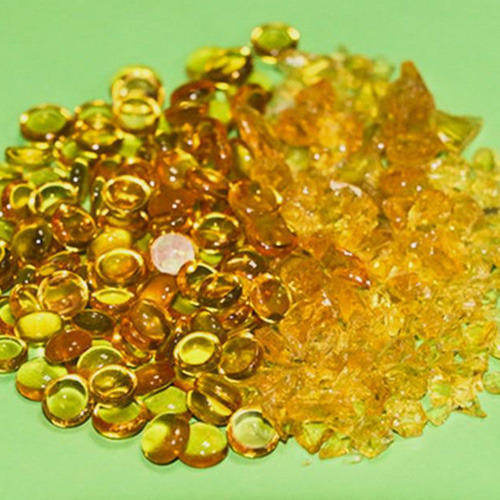
Tell us about your requirement

Price: Â
Quantity
Select Unit
- 50
- 100
- 200
- 250
- 500
- 1000+
Additional detail
मोबाइल number
Email
अधिक Products in Ion Exchange Resin Category
डायजन कमजोर एसिडिक केशन एक्सचेंज रेजिन
न्यूनतम आदेश मात्रा : 25 KG
माप की इकाई : लीटर/लीटर
मूल्य की इकाई : लीटर/लीटर
मूल्य या मूल्य सीमा : आईएनआर
ग्रेड : इंडस्ट्रियल ग्रेड
शुद्धता (%) : 100
जेल टाइप यूनिफ़ॉर्म पार्टिकल साइज़ आयन एक्सचेंज रेजिन
न्यूनतम आदेश मात्रा : 100
माप की इकाई : लीटर/लीटर
मूल्य की इकाई : लीटर/लीटर
मूल्य या मूल्य सीमा : आईएनआर
ग्रेड : फ़ूड ग्रेड
शुद्धता (%) : 100
औद्योगिक क्रोमैटोग्राफी के लिए कटियन एक्सचेंज रेजिन
न्यूनतम आदेश मात्रा : 25 KG
माप की इकाई : लीटर/लीटर
मूल्य की इकाई : लीटर/लीटर
मूल्य या मूल्य सीमा : आईएनआर
ग्रेड : फ़ूड ग्रेड
शुद्धता (%) : 100
आयन एक्सचेंज रेजिन
न्यूनतम आदेश मात्रा : 25
माप की इकाई : किलोग्राम/किलोग्राम
मूल्य की इकाई : किलोग्राम/किलोग्राम
मूल्य या मूल्य सीमा : आईएनआर
 |
IPSUM LIFESCIENCES LLP
सर्वाधिकार सुरक्षित.(उपयोग की शर्तें) इन्फोकॉम नेटवर्क प्राइवेट लिमिटेड . द्वारा विकसित एवं प्रबंधित |

 जांच भेजें
जांच भेजें
